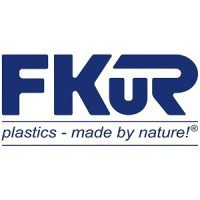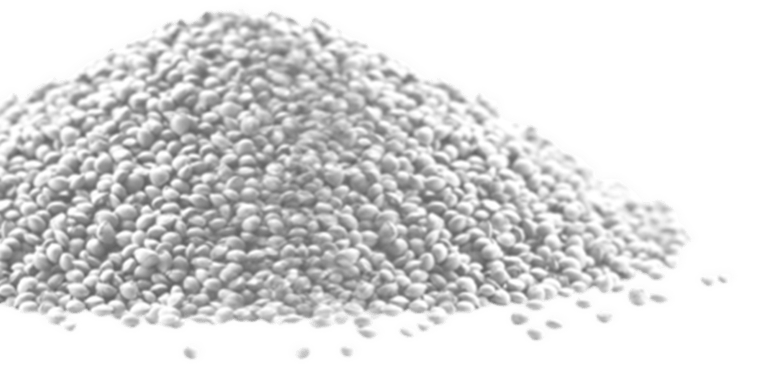Do certified soil-biodegradable products fully biodegrade in soil?
Certified soil-biodegradable applications do fully biodegrade in soil. This can be proven by testing and referring to the standard EN 170339 (or ISO 23517 10), which specifies the requirements and test methods for biodegradable applications. Products complying with that standard can get certification by DIN CERTCO. The label OK biodegradable SOIL is certified by TÜV AUSTRIA, Belgium, in case a product meets the requirement of their certification scheme.
For both certifications, the application material must biodegrade in laboratory experiments, with a minimum of 90% conversion (absolute or relative to a positive control) of the carbon from the material into CO2 in no longer than 2 years at room temperature. This guarantees that soil microorganisms will be able to biodegrade the material in the soil and that no persistent microplastic will be left after disintegration. Actual rates of biodegradation under real life conditions will depend on several factors, such as material composition and thickness of the film.
In addition, water availability, soil composition,nutrients, and oxygen availability, as well as other climate parameters, will influence the behaviour under real life conditions.
This applies to every natural material. It is to be noted that, while very fast biodegrading materials might be seen as desirable from an end-of-life perspective, too fast biodegradation will make these materials unsuitable for the intended function. ©europeanbioplastics




